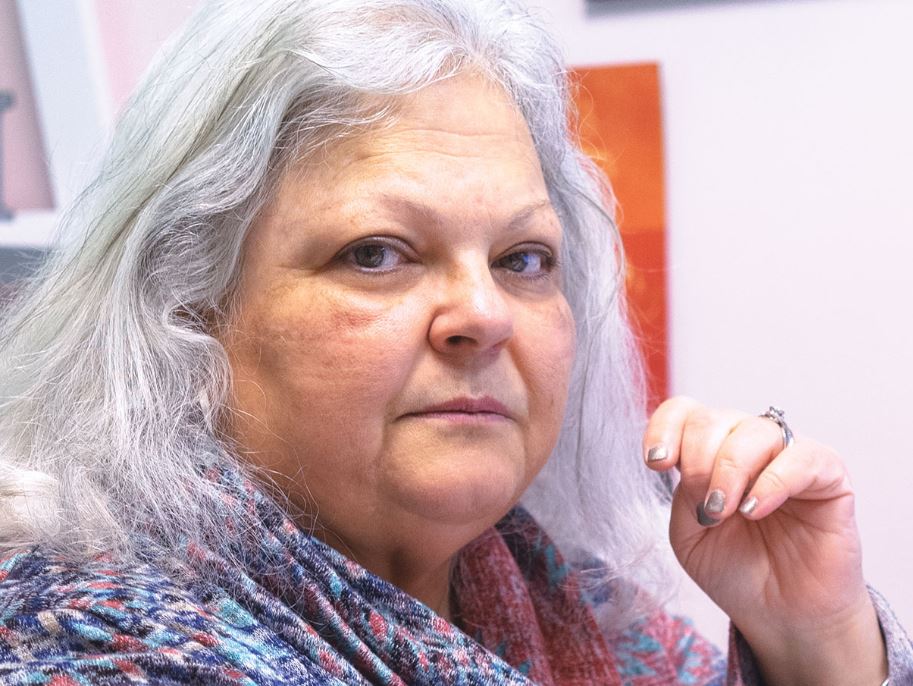


‘No shit, Sherlock. Let’s get on with it.’
Since our founding thirty years ago, Hennes Communications has been involved in a number of high-profile, national stories. Our crisis management consultants have first-hand and direct second-hand experience being on the receiving end of calls from nationally-known reporters, morning show guest bookers, field producers, bloggers and freelancers (most legit; some not) asking/demanding information, access, interviews and photos. To their credit, we can say that the vast majority of those calls came from journalists and news organizations that served the God of Truth. However, in today’s era of social media, there is a new god in town: The God of Speed. And when the two gods compete, guess which god often wins? This has led to a new form of journalism called Iterative Journalism, which we’ve written about in the past.
We thought this first-hand depiction of a recent news situation would be of interest to readers of our Crisis Management Today newsletter.
From the Columbia Journalism Review, Susan Bro, the mother of Heather Heyer, the activist slain in Charlottesville, talks to CJR about being a sudden subject of media attention.
In August 12, 2017, Susan Bro’s daughter was killed. Heather Heyer, 32, was part of a group of activists peacefully protesting the Unite the Right rally in Charlottesville, Virginia, when a young neo-Nazi intentionally drove into the crowd, killing her and injuring dozens of others. The event reverberated across the country, alerting many to the extent of white nationalism’s presence and the state-sanctioned violence in its name. President Trump was widely condemned for failing to denounce the rally’s organizers.
In the days after, Bro, 62, a former government secretary and schoolteacher, became the subject of intense press attention, which she faced head-on. Bro has since taken up her daughter’s activism work, giving interviews and making public appearances. She is careful to redirect focus from Heyer’s death to what she considers to be the more important matter at hand: the nation’s continuing legacy of racial violence and injustice.
RELATED: Podcast: ‘I knew the press was coming,’ Charlottesville victim’s mother says
In televised interviews, Bro appears tireless and clear-eyed, her voice resolute. When I spoke to her, in early January, I found her true to form. She was on her first day back to work after a month-long break to attend the homicide trial of James Alex Fields Jr., the driver of the car. (He was convicted of first-degree murder, along with nine other charges, and a jury recommended a sentence of life plus 419 years in prison.) Bro spoke to me via video chat from the office of her nonprofit, the Heather Heyer Foundation, which aims to provide $10,000 in scholarships this year to students dedicated to progressive social change. The walls of the room, which were painted in soft shades of rose and robin’s-egg blue, displayed painted portraits of Heyer alongside awards for Bro and the foundation.
CJR What was it like for you being the subject of intense news coverage on the day of Heather’s death, in a traumatic moment? What was your experience of being approached by the press?
Susan Bro It started at seven o’clock the next morning. They knocked on my door at home. I live in a single-wide trailer in the middle of nowhere and they descended en masse on that little trailer park. The neighbors tolerated it, thankfully, but it was quite overwhelming. We had friends who had to stand at the door. We always have a curtain hanging on our back door because we’ve had problems with the electricity bill being high, and that actually acted well as a stage curtain to keep people separated until it was their turn.
For the rest, click here.